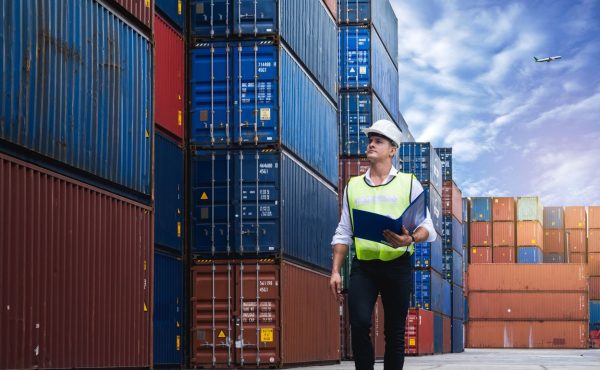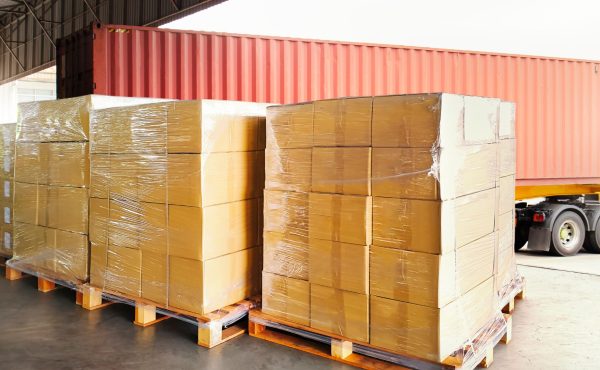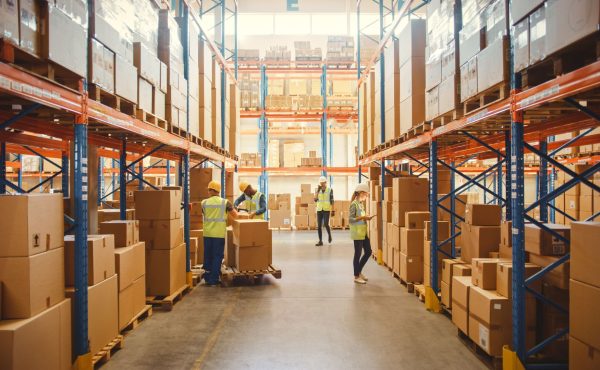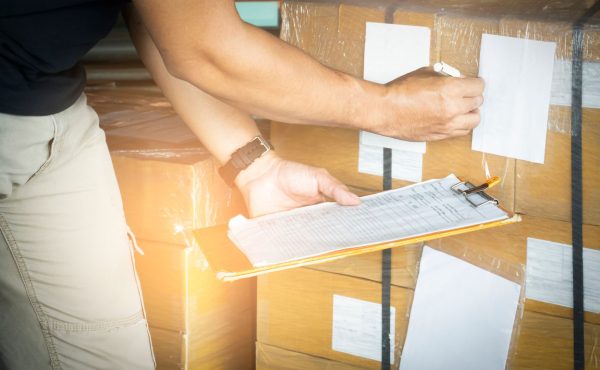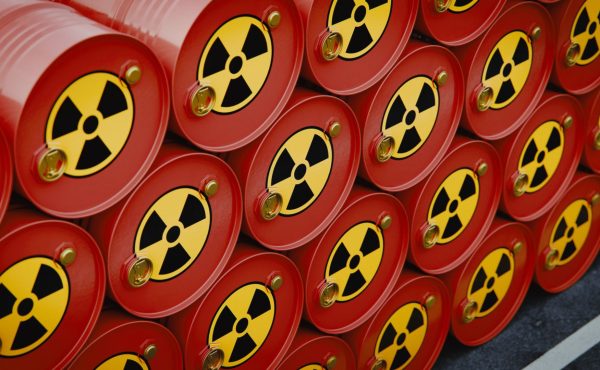Pharmaceutical transport: the five keys !
What does the transport of pharmaceutical products involve?
Pharmaceutical transport is the most important part in a logistics chain because the products being transported are for human consumption. Therefore, it is necessary to have an exhaustive control of the whole distribution chain to ensure that the medicines arrive to the consumer in perfect conditions.
The manufacturer of pharmaceutical products is going to require the logistics operator that when handling and transporting this type of goods all the requirements are met. Safety, traceability or temperature maintenance in pharmaceutical transport are critical elements that a logistics operator like Logisber guarantees.
An important regulation that is required in the European Union for manufacturers and transport companies or suppliers of logistics services is that referred to Good Distribution Practices (GDP). This is a regulation, also known as BPDs, to guarantee safety and quality in the distribution of medicines, which are highly sensitive. Therefore, it regulates aspects such as equipment and installations, documentary follow-up, transport, vehicle cleaning, temperature monitoring and inverse logistics.
Royal Decree 782/2013 on the distribution of medicines for human use transposes the Community Directive into Spanish law. This legislation obliges those involved in pharmaceutical transport to have a solid quality system in place to assess and analyse the possible risks that may arise in the distribution chain and which may adversely affect the medicines.
“The DGP regulation obliges the pharmaceutical transport operator to comply with various requirements related to product traceability and safety on the premises”
The regulations require self-inspections and evaluations, as well as audits of subcontracted activities, such as pharmaceutical transport. It also specifies other requirements to be met, such as the responsibilities of those involved in the distribution chain, training of personnel handling medicines, hygiene in facilities and transport vehicles, documentary control or validation of containers and packaging.
At Logisber we have this GDP certification and we comply with the requirements for handling, storing, transporting and distributing pharmaceutical products.

Temperature and vehicles
Just over 30% of pharmaceutical products require handling and transport at a controlled temperature so that they do not suffer any alteration. Depending on the drug or product, the temperature will be one or the other, and may range from negative to positive. For example, liquid nitrogen should be kept at -190 degrees Celsius and frozen products at -20 degrees Celsius. Drugs that require refrigeration will need temperatures between 2ºC and 8ºC, although there are also products that require room temperature, which is about 20ºC.
Vehicles for pharmaceutical transport can be refrigerated, chilled and isothermal. Large refrigerated trucks are used for transport between the manufacturer’s facilities and the distribution warehouse. Isothermal vans or smaller refrigerated trucks are used for local or distribution centre deliveries.
Any type of vehicle used in pharmaceutical transport must comply with temperature, cleaning and insulation parameters to ensure the quality of the products. These measures are marked in the Good Distribution Practice guide.
“As a pharmaceutical transport operator, Logisber has the right equipment to ensure product traceability and temperature”
The pharmaceutical transport operator has to carry out strict and permanent temperature control, as well as comply with the handling and storage conditions set by the manufacturer for each of the products. He must also have appropriate vehicles equipped with the systems and devices to control and ensure the temperature throughout the chain. The vehicles must be safe and comply with the required hygienic conditions. The operator also has to properly stow the products in the vehicle so that they do not suffer any deterioration during transport.
Qualified professionals
Throughout the pharmaceutical logistics chain, it is essential to have a staff of professionals prepared and qualified to carry out each of the different operations.
From the office staff, who must ensure agility and traceability in the chain, to the professionals who handle the products in the warehouses or distribution centres and those who are responsible for pharmaceutical transport.
Logisber’s professional staff has extensive experience in pharmaceutical transport and is highly qualified to guarantee the safety and integrity of the products we transport for the pharmaceutical industry. Our specialization in services for the pharmaceutical sector allows us to meet any need our customers may have. Our commitment is to offer fast and agile services that respond to the strict demands of pharmaceutical distribution and transport.
“Logisber has a team of professional experts in the integral management of pharmaceutical transport”
As a specialised logistics operator, at Logisber we manage the documentary processing, the packaging and labelling of the shipments and the safety in the handling and transport of the products. Our team is prepared to ensure the traceability of the temperature from the collection to the delivery of the goods and to solve any incident that may arise.
We have facilities, equipment and vehicles to handle or transport any pharmaceutical product, as well as reverse logistics services that allow us to provide added value to the customer in any service required.
Categorías
Customs and regulations, International Trade
Compartir


